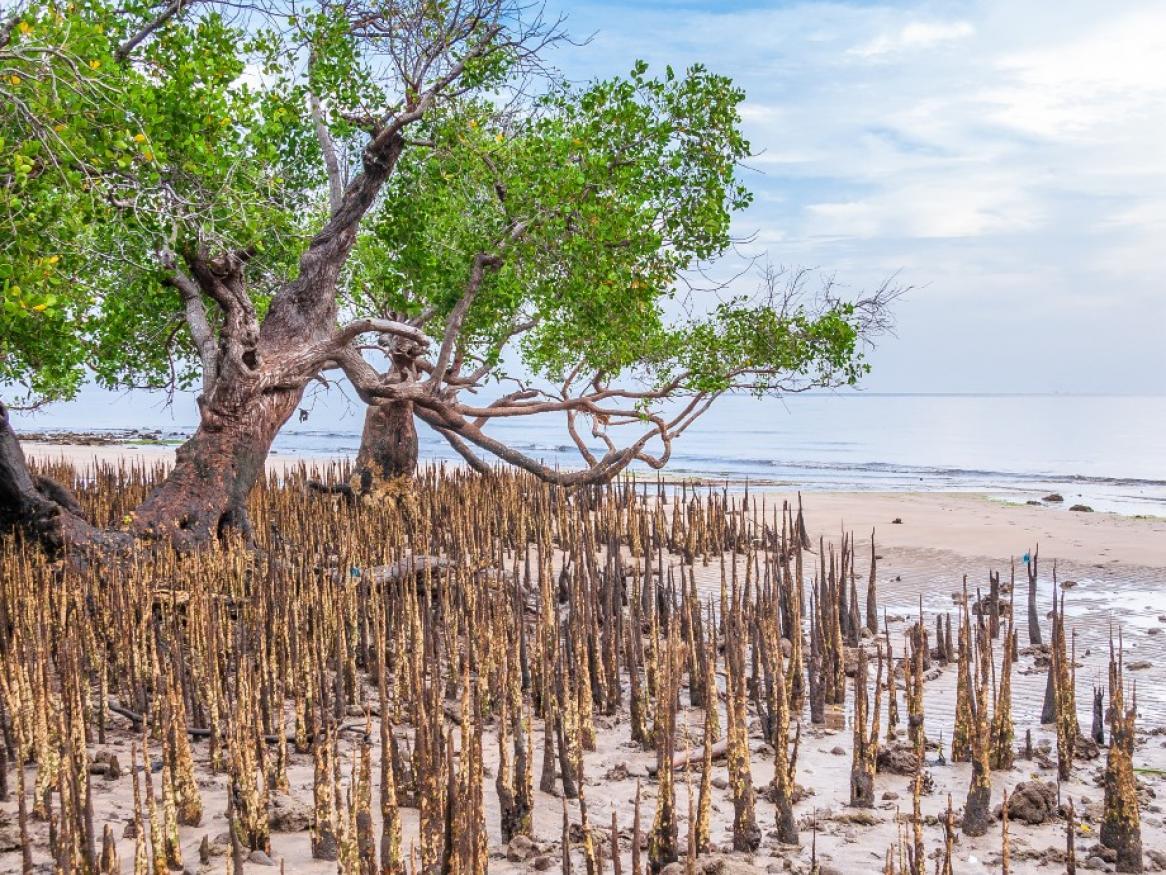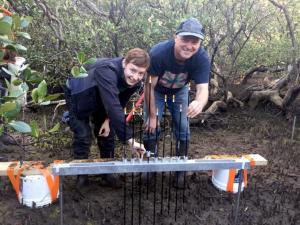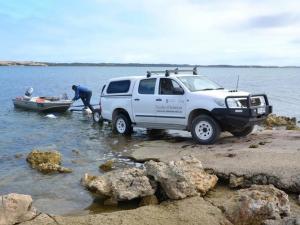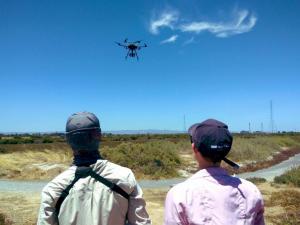Security and Sustainability
The Water Research Centre has built a team of experts with a strong track record in achieving water security and sustainability outcomes for all types of water resources. This is becoming increasingly important in a world where human populations are rapidly growing and climate change is accelerating.
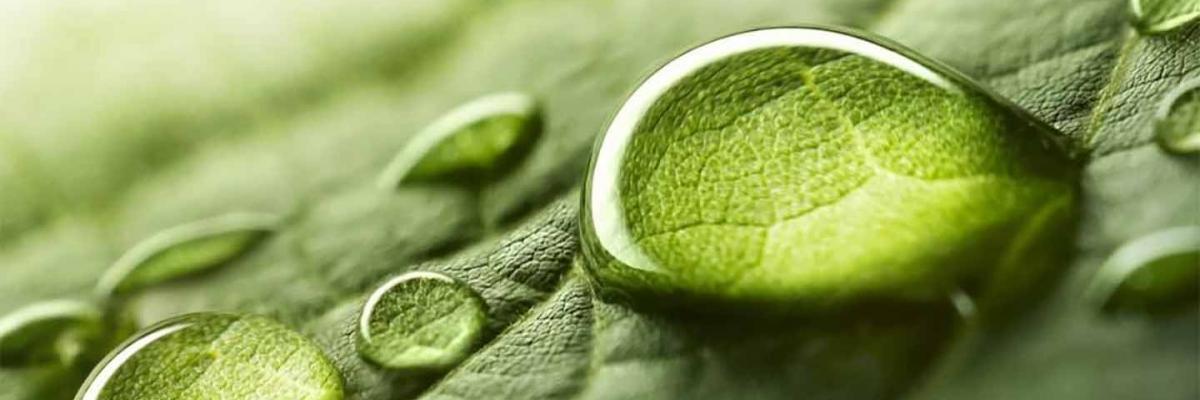
What is secure and sustainable water?
Secure and sustainable water describes a situation where a nation is water self-sufficient; that is, it is managed so that it meets the needs of industries, people and the environment. Secure and sustainable water is an important goal of many countries, including Australia.
-
Our expertise
- All water resource types: Groundwater, surface water, marine, estuarine, treated wastewater
- Blue carbon system science and restoration
- Environmental monitoring using:
- Remote sensing – thermal and hyperspectral imaging using satellites
- Proximal sensing and IoT solutions
- Geochemistry to trace pathways of water, nutrient pollution, recharge and more
- Water chemistry and soil microbiology
- Stream mesocosm facility at the Waite Campus and advanced water quality sensor network
- Guidelines for management, such as for lakes and reservoirs to minimise the risk of algal blooms
- Risk analysis, uncertainty and system resilience, with strengths in:
- Intersection of water and climate, such as how land processes influence the regional climate
- Climate extremes, climate change, flood, drought and fire in dryland environments
- Forecasting solar energy needs, water demand, and more
- Climate variability and change
- Ecosystem services
- Large-scale changes and planning
- Anthropogenic intertidal ecology maintenance
-
Research areas
- Climate and natural disasters: Flood and drought estimation and prediction, risk assessment and scenario-based decision making, climate change, climate impact assessment, resilience engineering, land use planning, adaptation, mitigation, blue carbon
- Environment: Water quality, environmental flows, aquatic ecology, water footprints
- Security: Resource planning and assessments, dams planning and assessments, managing and monitoring water quality
-
Highlighted researchers
Professor Megan Lewis
Professor Megan Lewis leads the Spatial Sciences Group, and from 2017 to 2019 was head of the School of Biological Sciences. She is an expert in Earth observation using remote sensing, and is our go-to expert on analysing landscape composition and variation in the contexts of Australian arid and semi-arid environments, native vegetation, wetlands and agriculture.
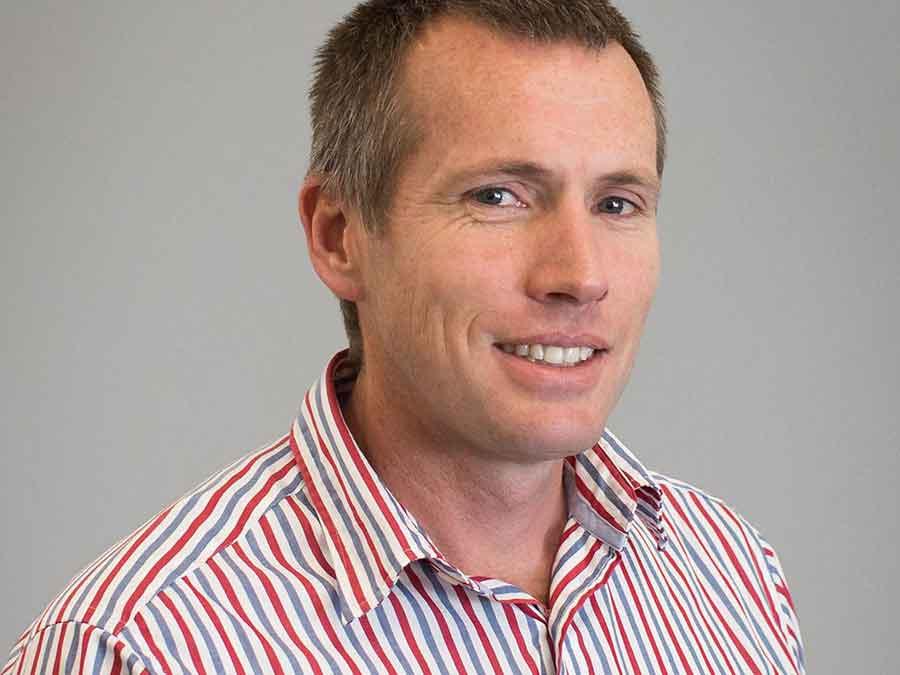
Professor Justin Brookes
Professor Justin Brookes is part of the School of Biological Sciences.His major focus of research is water quality for potable supply and river and lake ecology. He leads several large inter-institutional projects examining degradation of chemical contaminants of concern, carbon cycling in lakes and rivers, and the ecology of the Coorong and Lower Lakes of the River Murray.
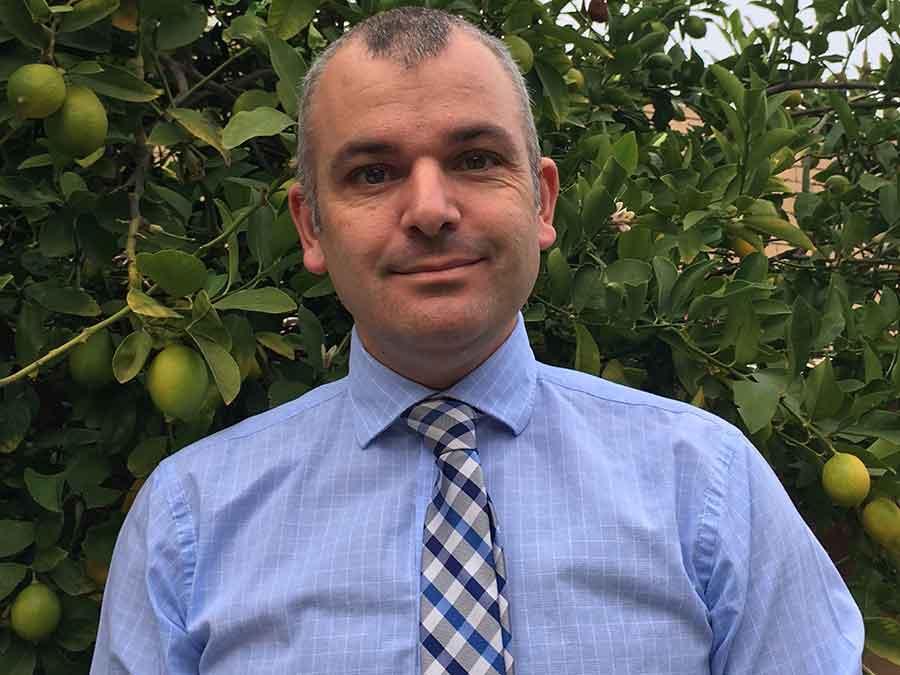
Professor Timothy Cavagnaro
Professor Timothy Cavagnaro is at the School of Agriculture, Food and Wine. His expertise is microbial ecology; the living things in soils, which can tell us about phenomena like leaching, run off and nutrient cycling. He advocates for non-farm management practices like carbon sequestration that are tied with co-benefits. His work often also includes remote sensing and economic analysis.
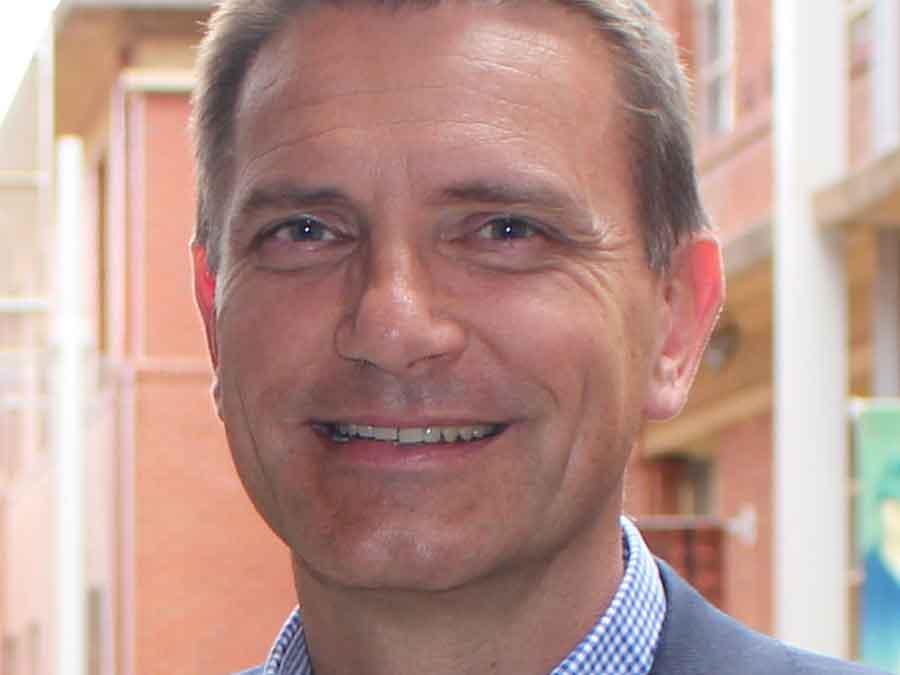
Professor Holger Maier
Professor Holger Maier is part of the School of Civil, Environmental and Mining Engineering. He develops techniques to sustainably manage water resources and engineering infrastructure, with a particular focus on the water-energy nexus. He is skilled in machine learning and hybrid process/data driven models, and in techniques for optimisation and decision support in uncertain settings.
Associate Professor Luke Mosley
Associate Professor Luke Mosley is the manager of the Water Research Centre and a research fellow at the School of Biological Sciences. He specialises in the chemistry of water, from rivers to estuaries to oceans, and on sediment-water interactions such as acid sulfate soils. He consults to the state government on new initiatives like the Blue Carbon Strategy for SA.
Dr Ramesh Raja Segaran
Dr Ramesh Raja Segaran is director of the Uncrewed Research Aircraft Facility. He is an expert in GIS, modelling, and remote sensing from satellite imagery and aerial photography. He and his team are skilled at monitoring and modelling freshwater systems with satellite imagery, including working with very high resolution imagery, and integrating it with other data, such as fish genetic diversity.
Dr Jonathan Tyler
Dr Jonathan Tyler is an earth scientist at the School of Physical Sciences.He uses isotope geochemistry to study the history of climate change, focusing on the past 2000 years to develop datasets relevant to today’s climate issues. He also uses stable isotopes to trace water pathways, such as to track nutrient pollution in the Coorong.
Dr Matthew Knowling
Dr Matthew Knowling is part of the School of Civil, Environmental and Mining Engineering. He specialises in groundwater, geothermal and economic modelling to support decision-making, primarily with complex and computationally heavy models. He is now focusing on agtech research.
Dr Michael Leonard
Dr Michael Leonard is at the School of Civil, Environmental and Mining Engineering. He applies numerical and statistical modelling to environmental engineering problems, such as flooding from complex man-made or natural systems. His goal is to develop methods for improved assessment of flood risk.
Dr Anjana Devanand
Dr Anjana Devanand is at the School of Civil, Environmental and Mining Engineering. She is an expert in stochastic modeling to understand the climate risk on water resource and environmental systems. She focuses on the intersection of water and climate to understand how land processes influence the regional climate, and using models to perform experiments to understand the feedback of land processes to the system as a whole.
Case studies
Blue carbon strategy for SA 2020-2025
Blue carbon, the carbon captured and stored in coastal ecosystems such as seagrass meadows and mangroves, are carbon sinks, trapping and storing carbon in plants and soils. The Water Research Centre helped the SA Government to develop the Blue Carbon Strategy for SA, which sets a path to establish a statewide program of blue carbon projects and research via ecosystem protection and restoration. Where possible, projects will be linked to financial incentives such as carbon markets. Members of our team also led the highly successful Dry Creek tidal restoration trial.

